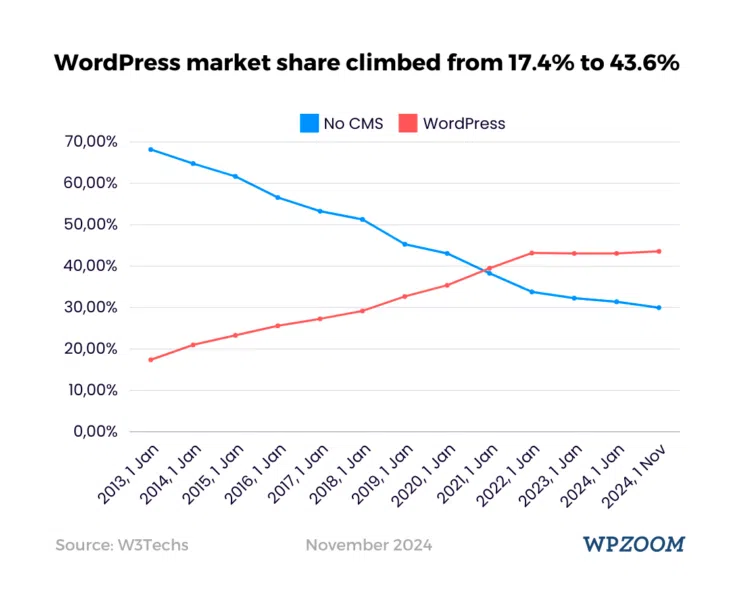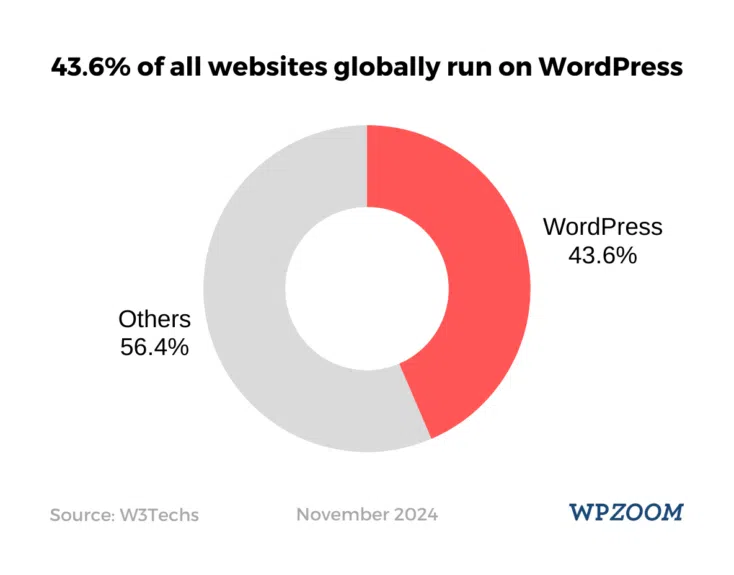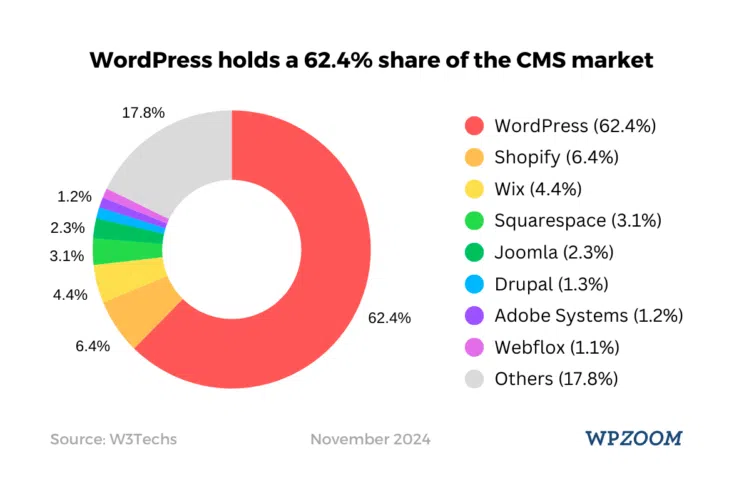Choosing the right web hosting can feel like navigating a minefield especially when faced with options like shared versus dedicated hosting.
Let’s break it down in a way that’s easy to understand no tech jargon needed.
Think of it like choosing between an apartment and a house – both offer shelter but cater to very different needs and lifestyles.


Shared Hosting: The Apartment Life
Shared hosting is like living in a shared apartment building.

You’re sharing the resources – bandwidth processing power and server space – with other tenants (websites). It’s generally more affordable perfect for beginners or small businesses with modest websites and traffic.

Think of a small blog a basic portfolio website or maybe a low-traffic online store.
The Perks of Shared Hosting
The biggest draw? The price.
Shared hosting plans are significantly cheaper than dedicated ones making them incredibly accessible.
This makes it the perfect entry point for those just starting out or running a site that doesn’t expect huge volumes of traffic.
You also benefit from the fact that your hosting provider handles most of the technical aspects – updates security patches and server maintenance are typically taken care of for you leaving you free to focus on building your site and content.

Less technical headaches more time for creating.
Sounds good right?
The Downside of Shared Resources
However sharing comes with limitations.
If your neighbors (other websites on the same server) are experiencing a surge in traffic it can directly impact your website’s performance.
Think of it as noisy neighbors keeping you awake – their activity can affect your peace (or your website’s speed). You also have limited control over server resources.
If your site suddenly gains popularity you might find yourself constrained by the shared resources.
Another potential issue? Security.
While your provider takes care of many things a security breach on another site on the same server could potentially affect yours.
It’s like living in a building with lax security – you’re safer than living alone but not totally safe.
This isn’t necessarily common but it’s a risk.

Dedicated Hosting: Owning Your Mansion
Now let’s talk dedicated hosting.

This is like owning your own house a spacious mansion in fact.

You get an entire server all to yourself no sharing involved.

This gives you complete control and allows for significant customization and scalability.

This is ideal for larger websites with high traffic demanding applications or those needing robust security.
Dedicated Hosting’s Advantages
The primary benefit is performance.
Because you’re not sharing resources your website is less prone to slowdowns caused by other websites’ traffic spikes.
It’s like having the fastest internet connection possible – you’re the only one using it.

You also get full control over server configurations allowing for fine-tuning to optimize your website’s performance.
Need specific software? You can install it.
Require enhanced security? You can implement those measures.
Dedicated hosting gives you the power and freedom to run your website exactly as you want.
You’re the boss you call the shots.
The Challenges of Going Solo
The major drawback? The cost.

Dedicated hosting is significantly more expensive than shared hosting.
You also become responsible for server maintenance security updates and other technical aspects.

This is not always a simple matter it requires more technical knowledge or you’ll need to hire someone with expertise.
If you’re not comfortable with server management this added responsibility can be overwhelming.
Think of it as owning a house the freedom is great but you are responsible for all the maintenance and repairs from plumbing to roofing.
Check our top articles on Understanding Shared vs. Dedicated Hosting
Choosing Wisely: Shared vs. Dedicated
So which is right for you? It depends entirely on your current needs and future projections.
Factors to Consider
- Website Traffic: Low traffic? Shared hosting is fine. High traffic or expect significant growth? Dedicated hosting is a better choice.
- Budget: Shared hosting is significantly cheaper. Dedicated hosting requires a larger financial commitment.
- Technical Expertise: Comfortable managing servers? Dedicated hosting is for you. Prefer a hands-off approach? Shared hosting suits better.
- Security Requirements: Do you handle sensitive data? Dedicated hosting offers more control and improved security measures.
- Scalability: Expect huge growth? Dedicate offers better growth possibilities. Shared hosting might require frequent upgrades.
It’s not an either/or situation.
Many businesses start with shared hosting and as they grow transition to dedicated hosting.

Ready to ditch the shared hosting drama and level up your website? 🚀 This ain’t your grandma’s blog anymore. Check out these hosting options and find your perfect fit!
Ready to ditch the shared hosting drama and level up your website? 🚀 This ain’t your grandma’s blog anymore. Check out these hosting options and find your perfect fit!
This is perfectly normal and often necessary to keep up with expansion.
Ready to ditch the shared hosting drama and level up your website? 🚀 This ain’t your grandma’s blog anymore. Check out these hosting options and find your perfect fit!
The Transition: Moving House
Moving your website from shared to dedicated hosting (or vice-versa) is called website migration.
It’s not necessarily a simple process involving backing up your site transferring files and configuring the new server.
Many hosting providers offer migration services to ease the process but be aware that this adds time and may have costs.

Don’t Forget Managed Hosting
Before you finalize your decision consider a managed hosting option.
This is essentially a blended approach where your provider handles many technical aspects (like security updates and server maintenance) but you still get the benefits of better resources or the dedicated server.
It’s often a middle ground between the two offering a good balance between cost control and ease of use.
This offers a better balance – you get more power than shared hosting but without the full burden of managing a dedicated server.
Think of it as living in a condo you still have a degree of independence but someone else manages the exterior and common areas.
A Final Word of Advice
Don’t rush the decision.
Thoroughly assess your current needs and anticipate future growth.
Consider not only the initial cost but also long-term expenses including maintenance and potential upgrades.
Do your research compare providers and perhaps even discuss your options with a web hosting expert.


Taking the time now to make the right choice will save you headaches and frustration later.
Choosing the right hosting is a significant decision make it the right one.

